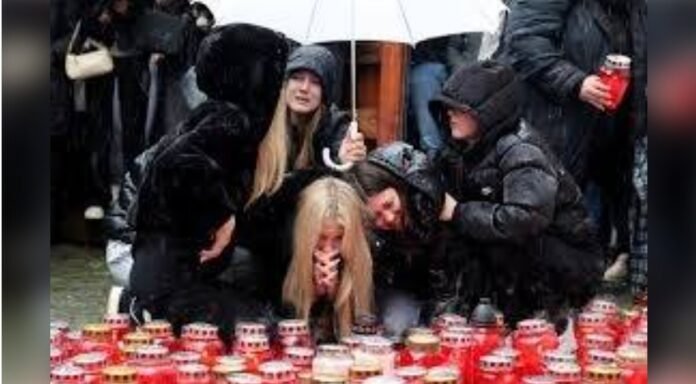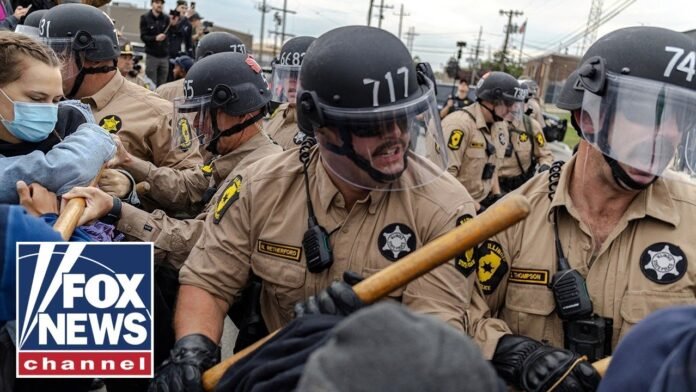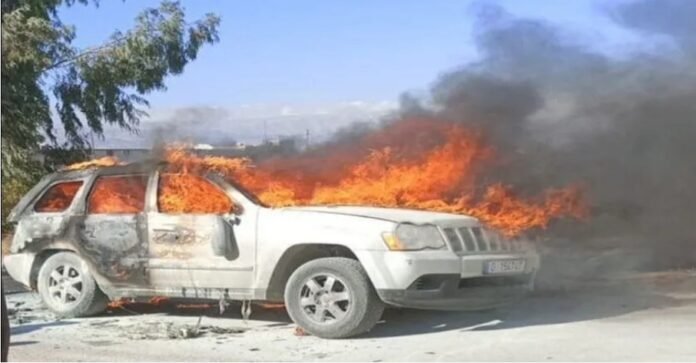Four months before Slovenia’s next general election, the country is shocked again by a violent incident that has forced two top ministers to step down. The attack on a 48‑year‑old man in Novo Mesto—a bar‑side brawl that ended with the victim’s death in hospital—has revived worries about the safety and integration of its Roma minority.
Interior Minister Bostjan Poklukar and Justice Minister Andreja Katic resigned on Sunday, just hours after the victim was pronounced dead. Prime Minister Robert Golob accepted their resignations, but the move has ignited a nationwide debate over public safety, social inclusion and government accountability.
According to police, a 20‑year‑old suspect from the local Roma community is in custody. The Roma are a recognized minority in Slovenia, numbering between 7,000 and 12,000 people, or about 0.4 % of the population. Most live in the southeast and northeast, often in informal settlements that lack basic infrastructure, schools, and job opportunities.
The attack, the resignations, and the government’s response highlight the long‑standing challenges in integrating Roma communities into Slovenia’s social and economic life. Janez Jansa, the leader of the opposition Slovenian Democratic Party, called on Golob to resign. Golob dismissed the request, saying his government will soon introduce laws to boost security and improve living conditions for vulnerable groups.
Mayor Gregor Macedoni of Novo Mesto said the violent event proves that the “Roma problem” he has warned about for years is getting worse, and that state institutions failed to act when the danger was clear. He called an emergency meeting of local authorities and plans a demonstration for Tuesday afternoon, demanding stronger government measures to protect the region.
Golob announced that additional police units will be deployed to Novo Mesto and hinted at “legal measures we could not have imagined before,” though details remain scarce. Analysts suggest that while the government has invested in education and employment programs for Roma youth, progress has been slow because of deep mistrust and ongoing marginalization.
As Slovenia approaches its March election, leaders on all sides will need to address how to ensure security, promote social inclusion and restore public confidence in the state’s ability to protect all citizens.
Source: ianslive
Stay informed on all the latest news, real-time breaking news updates, and follow all the important headlines in world News on Latest NewsX. Follow us on social media Facebook, Twitter(X), Gettr and subscribe our Youtube Channel.



